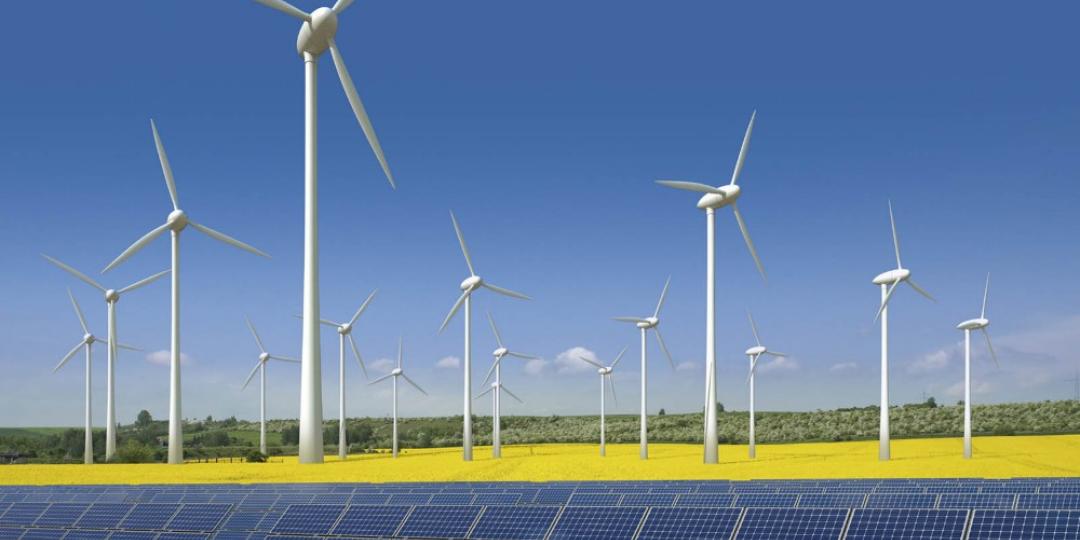Germany's green energy transition, 'Energiewende', is causing distortions in its energy market, and now the government is considering introducing load shedding from 2024 as a means to control supply and demand for power.
This comes as the country switches to electric vehicles following a Europe-wide ban on the purchase of fossil-powered passenger cars and the preparation of new regulations to reduce emissions from trucks and buses down to zero.
The move to electric-powered transport is expected to impact the demand for power further and lead to constraints on supply and the national grid's distribution capacity.
According to a report released by the Centre for Risk Analysis on Monday, to cover an energy shortfall after the final three nuclear power stations were shut down on 15 April, Germany had to bring CO2-emitting, coal-fired power plants back into operation and import electricity from neighbouring countries – including from French and Belgian nuclear sources.
In response to electricity price increases, Germany's Minister for Economic Affairs, Robert Habeck, announced plans to subsidise the cost of electricity for industry to maintain the competitiveness of the country's industrial sector, which has been threatening to move some of its production to countries with cheaper electricity.
Electricity is five times more expensive in Germany than in the US, four times more expensive than in China, and twice as expensive as in France.
"More recently, Germany's federal network agency or 'Bundesnetzagentur' announced that it was preparing to introduce load shedding from 2024.
“This is because the demand for electricity is growing rapidly and threatening to outstrip supply and distribution capacity, especially at the local level.
“This is a consequence of the government's push to replace fossil fuels with electricity across the economy," the report said.
"The German government is preparing legislation to ban new installations of household heaters that use heating oil or natural gas from 2024, meaning that many households will be forced to switch to electricity-powered heat pumps for heating.
This change alone implies that up to 10% of Germany's total energy consumption for this specific purpose will, in time, have to be switched to electricity."
The government is also introducing far-reaching measures to phase out fossil fuels in transport.
Europe-wide regulations banning the sale of new passenger cars powered by fossil fuels from 2035 were adopted in March.
"Regulations for bringing emissions from trucks and buses down to zero are being prepared, implying that up to an additional 24% of Germany's total power consumption will have to move to electricity," the report noted.
"The grid agency, therefore, announced it was introducing regulations that will allow it to shut off devices in consumers' homes, such as heat pumps and electric vehicle charging stations, during periods of high demand, without the permission of those affected.
The proposed rule changes are expected to come into effect in 2024."













